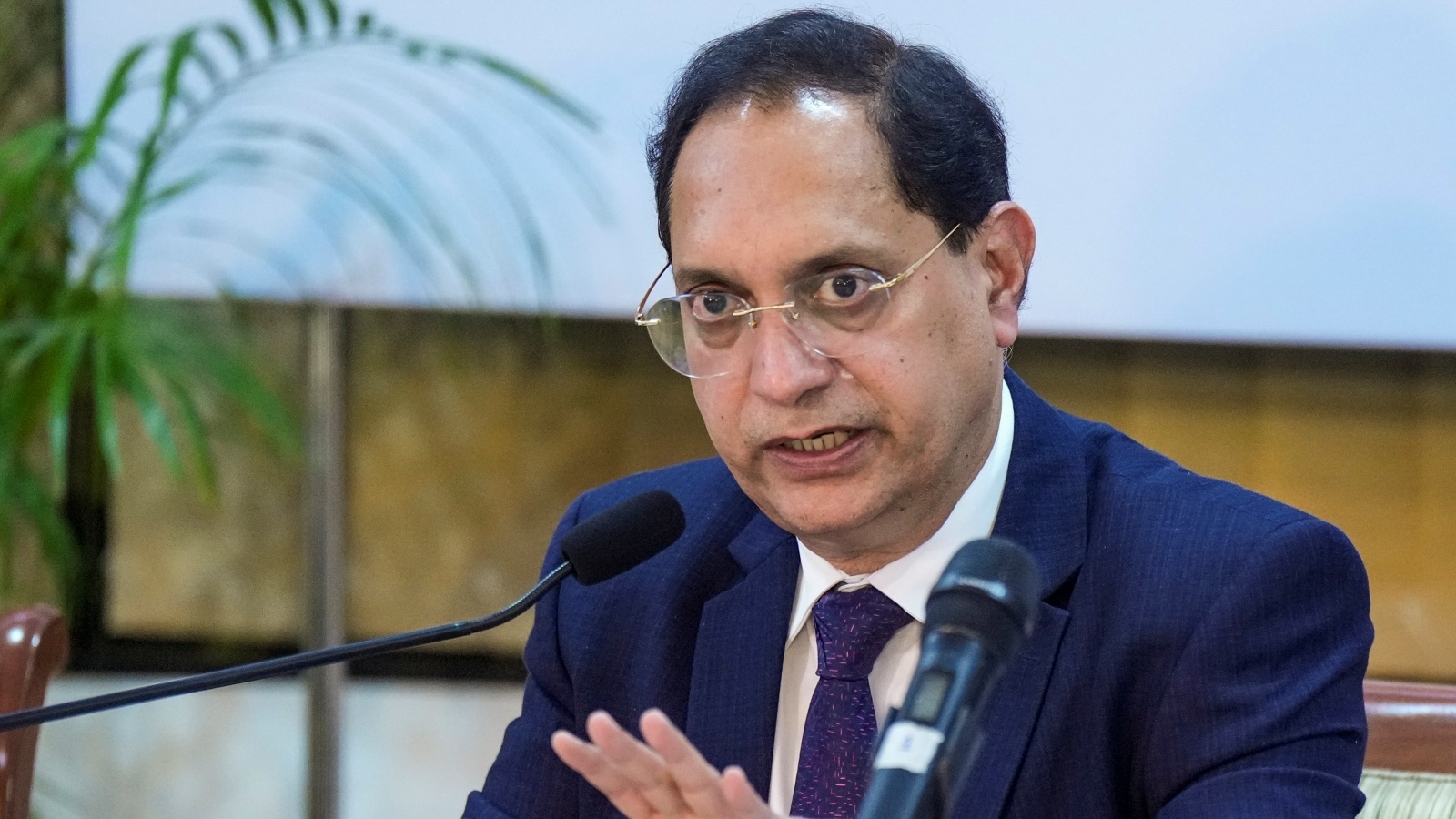
Sebi Revamps Stock Broker Rules for Investor Ease
The Securities and Exchange Board of India (Sebi) is gearing up to modernize its stock broker regulations established in 1992. Chairman Tuhin Kanta Pandey recently announced at the Morningstar Investor Conference that the goal is to make these regulations more relevant and user-friendly for investors. This is particularly important for long-term investors who have struggled with the transfer of physical shares purchased before FY20.
To alleviate these challenges, Sebi plans to simplify the ownership transfer process, allowing investors to have their securities registered in their names. This move is seen as a significant relief for small shareholders who have long faced procedural hurdles.
Moreover, the current regulations lack clarity regarding algorithmic and proprietary trading, and the definition of a small investor—based on transactions not exceeding Rs 50,000—will be removed as it no longer holds relevance. These changes are part of Sebi's broader effort to streamline regulatory frameworks and enhance market efficiency.
Pandey emphasized that transparency is crucial in today’s investment landscape. Investors expect fair treatment, clean transactions, and thorough monitoring from intermediaries. He mentioned that a lack of trust in the market could deter investors and negatively impact liquidity and growth. Therefore, intermediaries must ensure that their processes are transparent and auditable.
As new investment products emerge, clear disclosures about risks and costs are vital. Intermediaries hold the responsibility to thoroughly vet these products and ensure that clients understand their risks and potential returns. This is essential for building and maintaining investor trust.
Pandey also highlighted the need for robust internal systems that safeguard investors’ assets, especially during market stresses. Strong back-office controls, cyber resilience, and contingency planning are critical to uphold investor confidence. A breakdown at the intermediary level can have far-reaching implications for market integrity.
Additionally, Sebi has expressed concern over repeated technical disruptions at the Multi Commodity Exchange (MCX). Pandey indicated that these issues are unacceptable, and corrective measures could follow after a detailed review. He reiterated that a clear standard operating procedure (SOP) is in place for handling such disruptions, emphasizing the importance of technology preparedness in India’s financial market infrastructure.










